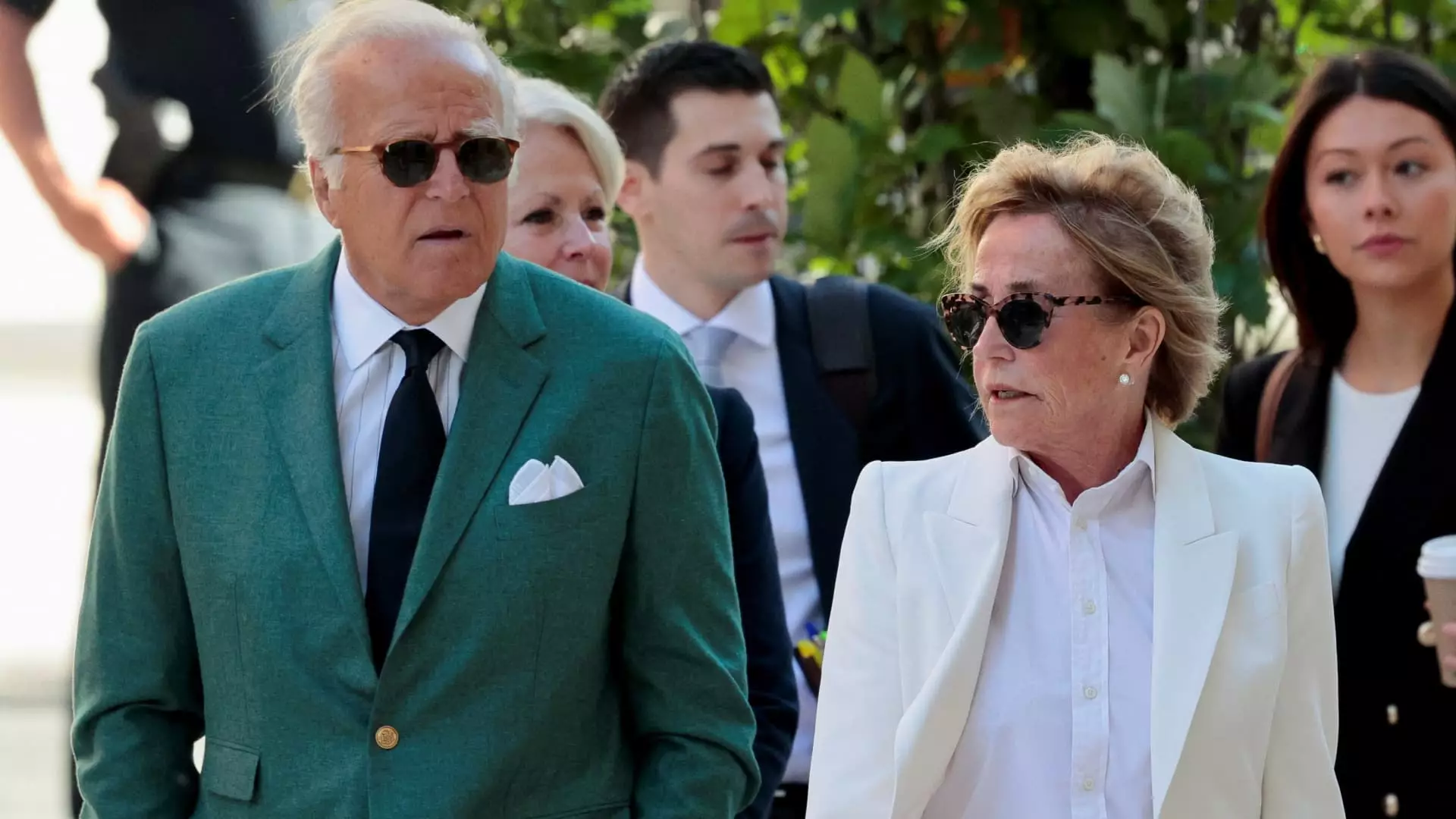In a move steeped in controversy and political necessity, President Joe Biden granted preemptive pardons to several family members and political allies, an act that has generated intense debate regarding the implications of such decisions on the rule of law and political discourse in America. This article delves into the complexities of these pardons, the motivations behind them, and the broader cultural context they operate within.
Pardons hold a unique place in the exercise of presidential powers in the United States. Traditionally viewed as acts of mercy or tools for justice reform, they can also be seen as strategic political maneuvers. Biden’s recent pardoning spree came at a precarious moment, coinciding with the imminent swearing-in of Donald Trump, a figure Biden has had a contentious relationship with throughout his presidency. The timing of these pardons raises questions concerning their intent and the political environment in which they were issued.
Biden’s choice to preemptively pardon his siblings and their spouses stems from his concerns about potential politically charged investigations they could face. Such actions underscore the existing climate of hostility in American politics, where family members of public figures often become targets of criticism and scrutiny, often devoid of substantial evidence. By issuing these pardons, Biden attempts to shield his family from what he terms “baseless and politically motivated investigations.” This reflects a broader narrative in contemporary politics where individuals find themselves entangled in partisan battles that can obstruct their personal lives and public reputations.
The implications of Biden’s pardons resonate beyond his immediate circle. By protecting his family, Biden is simultaneously sending a message about the dangers of partisan attacks that distort the meaning of justice. He expressed deep concerns about the damaging effects of unfounded investigations on individuals regardless of their actual wrongdoing. This highlights an essential issue: the significant repercussions that accompany being embroiled in politically motivated inquiries.
However, the act of preemptively pardoning individuals can create a precarious precedent. It begs the question: does it undermine the seriousness of the legal process? When the president pardons individuals suspected of wrongdoing without a clear judgment from the legal system, it inherently challenges the tenets of fairness and due process. Public perception increasingly pivots toward skepticism when pardons appear untethered from established legal proceedings, fostering mistrust in the government’s ability to fairly administer justice.
An essential layer to consider in Biden’s decisions is the personal nature of his relationship with his family and the political dynamics at play. By directly addressing the “unrelenting attacks” on his family, Biden humanizes the impact of political rivalry while subtly positioning himself as a defender against unjust political persecution. This strategy is designed not only to protect his family but also to align public sentiment with a familiar narrative of familial loyalty and resilience in the face of adversity.
Biden’s actions could also be interpreted as a defensive mechanism. As his presidency confronts numerous challenges, including intense partisan divides and scrutiny from various factions, protecting his family serves as a symbolic front against broader attacks on his administration. Whether these pardons will successfully insulate Biden’s family from future scrutiny remains to be seen, yet they undoubtedly spotlight the interconnectedness of personal and political realms in today’s political landscape.
The recent pardons issued by President Joe Biden serve as a window into the turbulent relationship between family, politics, and justice in contemporary America. As we unravel the implications of these decisions, it becomes apparent that they encapsulate both a protective familial instinct and a defensive political strategy. This evolving narrative highlights the need for a thoughtful reconsideration of the use of pardons, urging a reevaluation of how political ambitions and familial loyalty can intersect in ways that challenge fundamental legal principles.
As the political landscape continues to shift, the role of pardons will likely be scrutinized more than ever, calling for a balance between the exercise of mercy and adherence to justice. Only time will reveal the long-lasting effects of these actions on the Biden presidency, the political system, and the individuals involved.

Leave a Reply